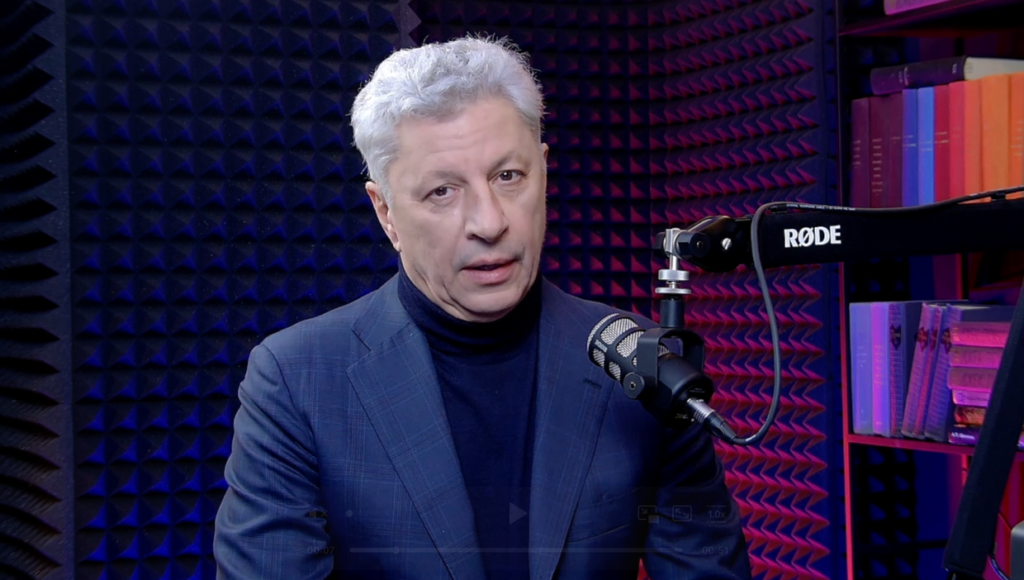A video posted on TikTok by Yuriy Boyko, a pro-Russian lawmaker and former head of the banned opposition platform For Life, sparked public outrage in Ukraine.
In a Dec. 14 video, Boyko reiterated long-standing Russian propaganda claims about extremists controlling the streets of Ukraine.
Sitting in his office and speaking to the camera, Boyko said that alleged Ukrainian “radicals” had “started destroying monuments, renaming towns, forbidding people to speak their native language” and threatening people. “They won’t even let me go to the church I want to go to,” he said. . ”
However, Boyko did not record the video from Moscow, but from Kiev. Despite three years of all-out war, businessmen and politicians with strong ties to Moscow were able to maintain their positions in Ukraine.
“Sometimes I attend events organized by diplomatic missions of other countries, where I meet Boyko regularly and always have the same question: why is he here and not in prison? ” said politician and volunteer Serhii Plitula.
“Sometimes I attend events organized by diplomatic missions of other countries, where I meet Boyko regularly and always have the same question: why is he here and not in prison? mosquito?”
As discussions about possible elections in Ukraine gather momentum, pro-Russian groups have begun to speak out.
“This is a statement that starts a political process. The question now is which and why,” Mikita Poturayev, head of the parliament’s Humanitarian and Information Policy Committee, told the Kyiv Independent newspaper. .
After the public uproar, Boyko was interrogated by the Security Service of Ukraine (SBU). He was also expelled from the Parliamentary Human Rights Committee, but only after his second attempt.
In a subsequent video, the lawmaker apologized and called Russian President Vladimir Putin a “war criminal.” Despite this, Boyko did not delete his previous videos and continued to publish new ones, gaining tens of thousands of views.
After the first attempt to remove Boyko failed, political analyst Volodymyr Fesenko wrote that the pro-Russian lawmaker had “friends and sympathizers” in all factions and parliamentary groups. He called this the hidden side of politics involved in informal relationships.
“It is not surprising that Yuriy Boyko and his political associates still feel comfortable under different governments and presidents. They knew how to negotiate with everyone, and this This is the secret of their political survival,” Fesenko said.
Russian military recruitment in Syria disrupted as Assad regime collapses
The fall of Bashar al-Assad’s regime in Syria following a rebel blitzkrieg in November has shaken nearly a decade of influence in the country by Assad ally Russia. It also had another little-known result. It’s about disrupting Moscow’s ability to recruit Syrian fighters for the war in Ukraine…
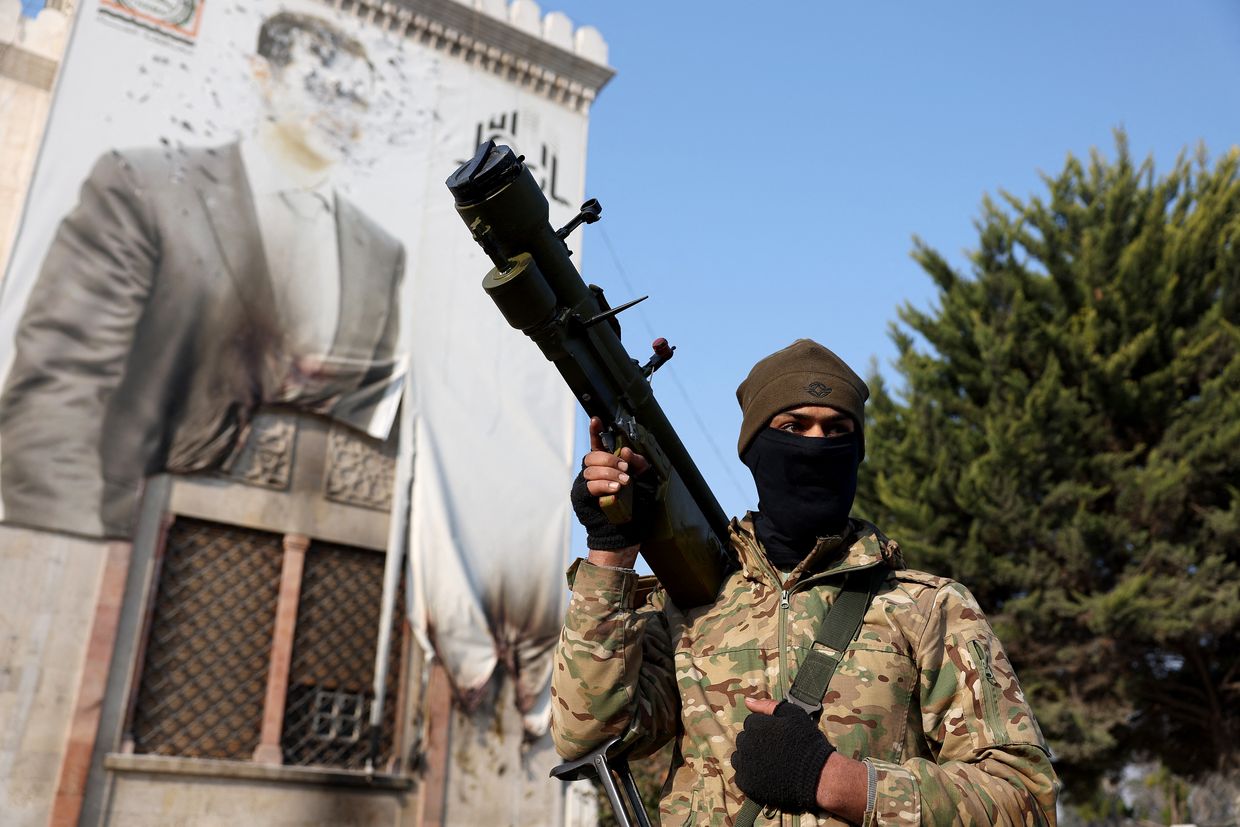
Who is Yuri Boyko?
Boyko, 66, is a well-known figure in Ukraine.
Boyko, who was energy minister under pro-Kremlin President Viktor Yanukovych, ended his term as deputy prime minister during the Euromaidan revolution that ousted Yanukovych and his government.
In 2011, a journalist’s investigation revealed that Mr. Boyko was suspected of being involved in a corruption scheme that now bears his name. The corruption scheme is considered one of the largest in Ukraine’s history.
Chornomolnaftogaz, a state-owned company under Boyko’s Energy Ministry, bought two oil rigs in the Black Sea through an offshore company. The state’s loss from the acquisition is estimated at $400 million.
The rig had been occupied by Russia since 2014, but Kiev regained control of it in the fall of 2023.
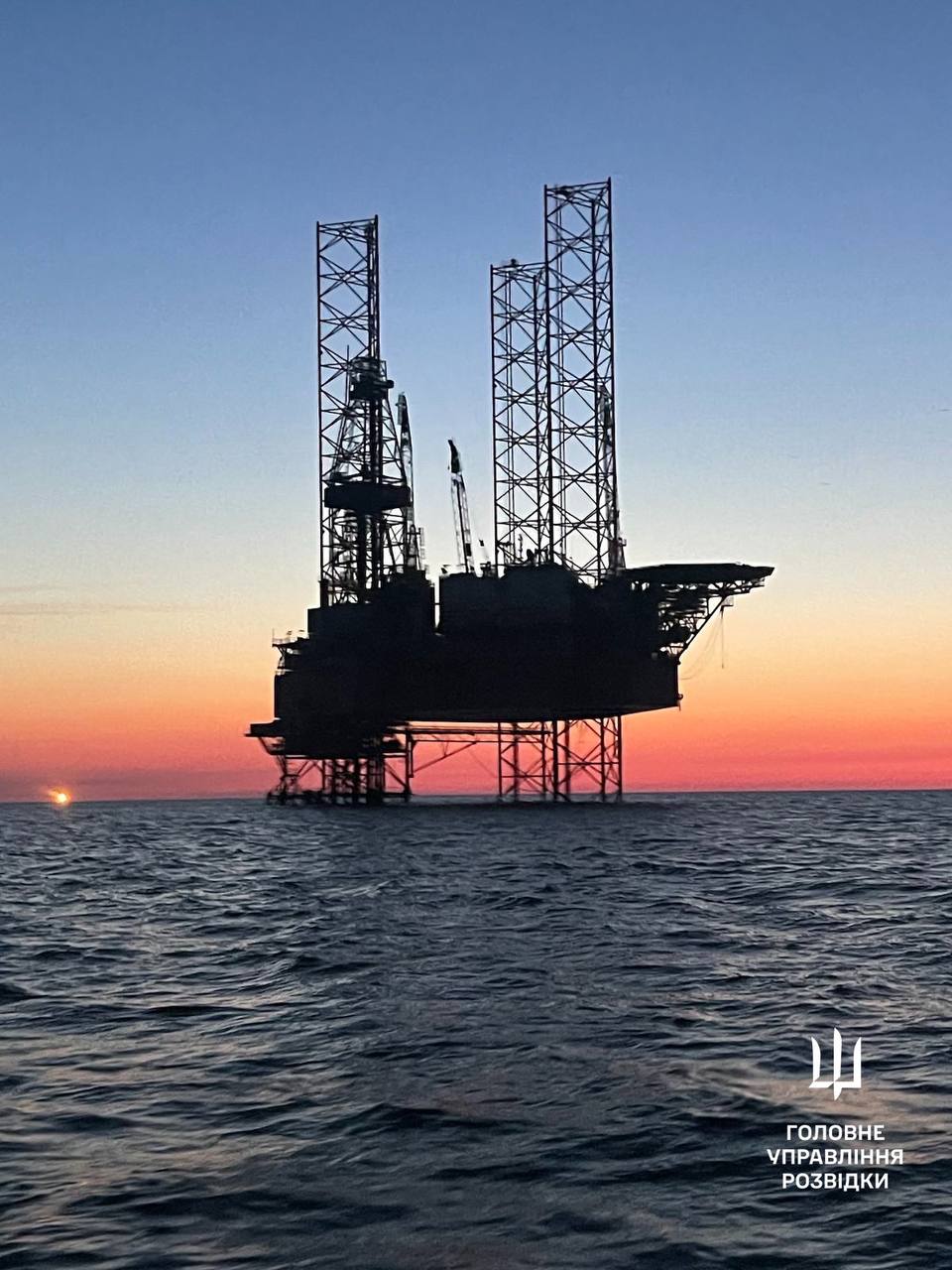
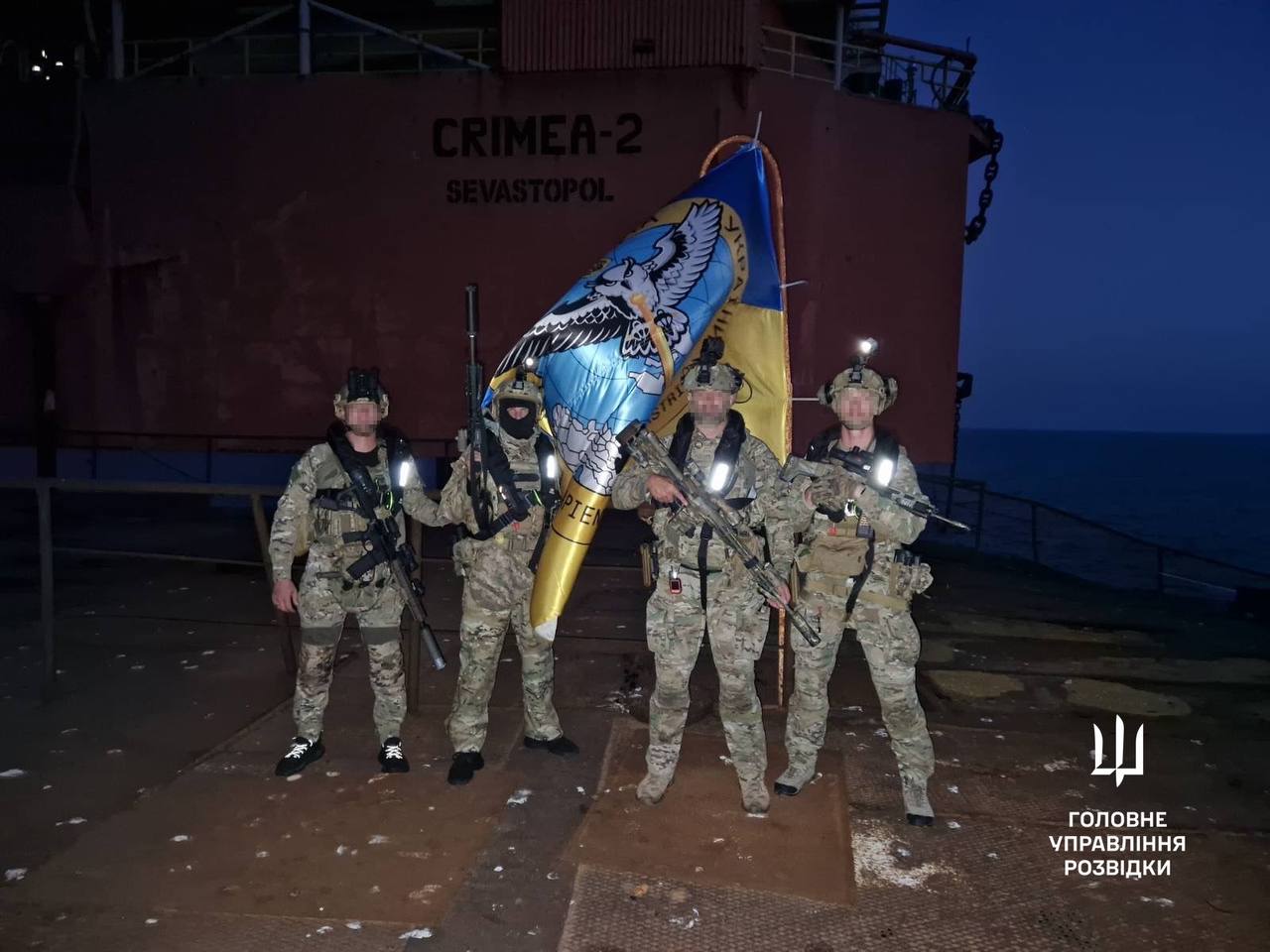
Before becoming a minister. Boyko heads Ukraine’s state oil and gas company Naftogaz and was awarded the title Hero of Ukraine for “settling Ukraine’s gas debt to Russia.”
With such a background, it is surprising that Boyko did not flee in 2014 and was immediately reincarnated as one of the leaders of several pro-Russian political projects.
Boyko advocated Ukraine’s “neutrality and non-alignment” and called for Russian to be given the status of national language, a proposal that echoes Putin’s ultimatum.
Boyko ran for president in 2014 and 2019, finishing fourth in the latter.
Boyko traveled to Moscow with his temporary ally, pro-Kremlin businessman Viktor Medvedchuk, and met with then-Prime Minister Dmitry Medvedev. The two visited Russia again a few months later.
The SBU launched an investigation into the trip, but no further progress was made. Boyko was not charged or charged.
Boyko and Medvedchuk’s joint political project, Opposition Platform for Life, secured second place in the 2019 presidential election with 13 percent of the vote and 44 seats.
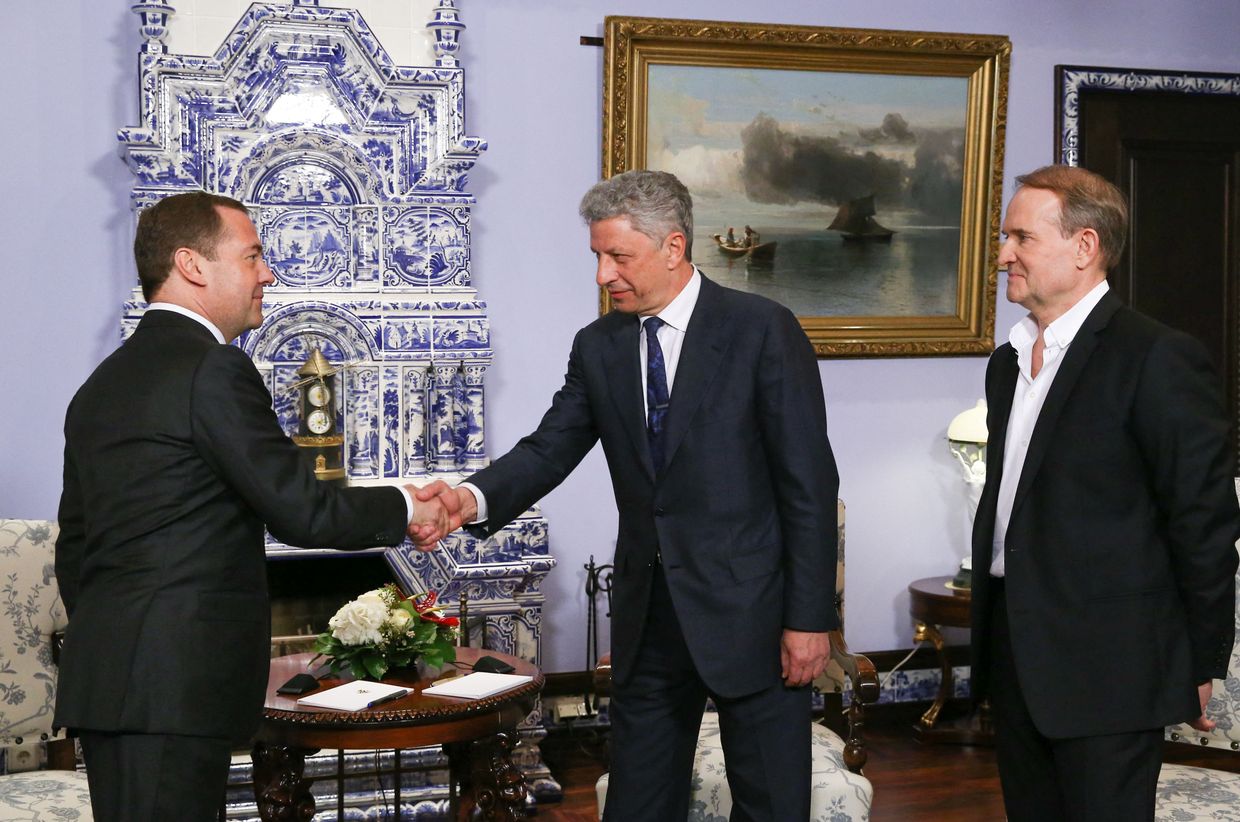
After the start of all-out war, Medvedchuk was arrested during a prisoner exchange and sent to Russia. Boyko could not be touched.
On the third day of the full-scale invasion, as Russian forces advanced deep into Ukraine and reached the outskirts of Kiev, Boyko was interviewed by Russian propaganda spokesperson Vladimir Solovyov. The politician claimed that his faction and the people are ready to “do everything” to start Ukraine-Russia negotiations as soon as possible.
He later said: “I had no intention of leaving Ukraine. Leaving Ukraine would mean the end of my political career.”
As the war progressed, Boyko rebranded himself and disowned pro-Russian allies who did not. He condemned Russian aggression and supported Ukraine in restoring its 1991 borders.
Oleksandr Saryzhenko, editor-in-chief of political watchdog Chesno, said Boyko was cautious after the Euromaidan revolution, but quickly returned to a fully pro-Russian stance.
“It seems to me that the situation is repeating itself in terms of various indicators, votes, speeches, rhetoric of speeches (in parliament), etc.,” Sarizhenko said.
Historian Marcy Shore: Putin’s obsession with de-Nazification is a ‘Freudian projection’
President-elect Donald Trump’s return to politics is raising uncomfortable questions about his future in the United States and on the world stage. This is especially true for countries like Ukraine, which are in dire straits and therefore dependent on U.S. aid.
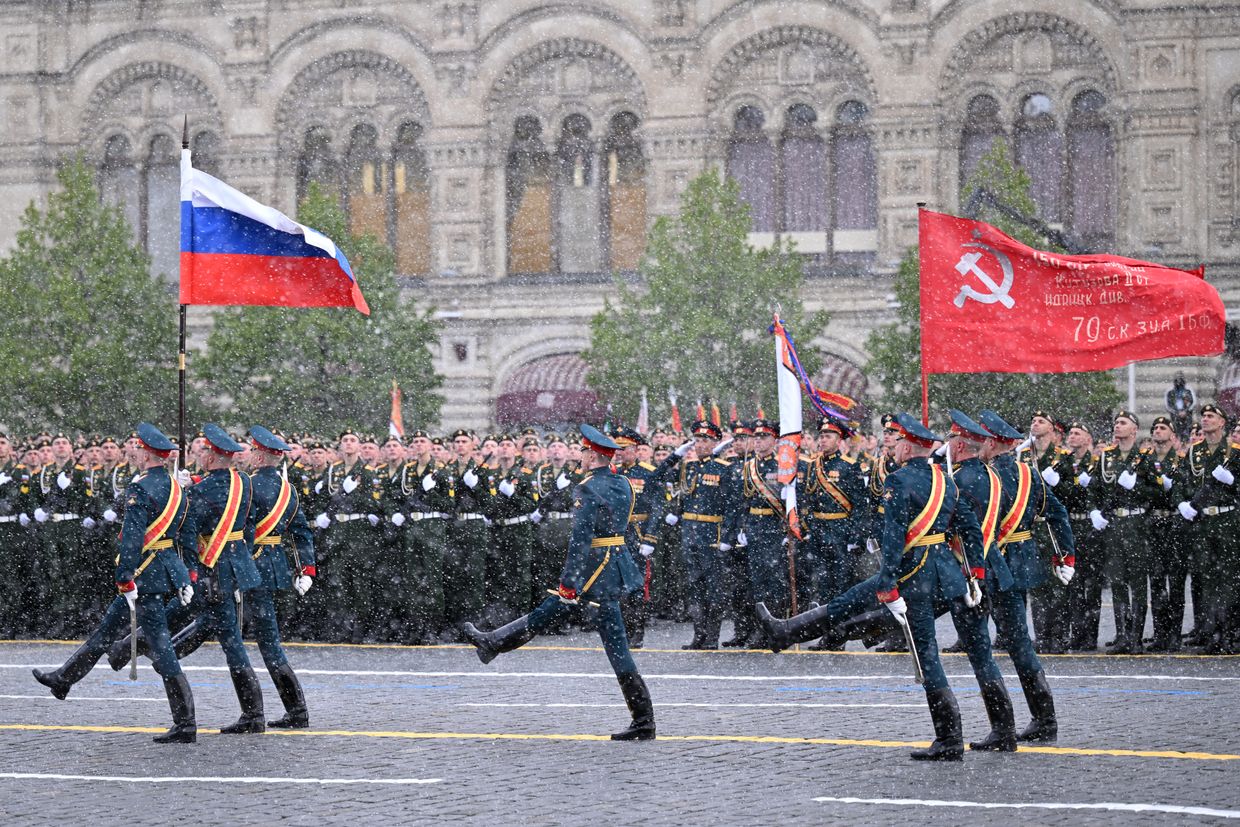
Rebranding in Congress
In September 2022, the Supreme Court of Ukraine banned opposition platforms. Faction members sought to rebrand themselves and split into two factions: Platform for Life and Peace and Restoration of Ukraine. The first team will be led by Boyko.
“This is a Russian party with a seat in the Ukrainian parliament,” political observer Mykola Davidiuk told the Kyiv Independent newspaper.
“This is a Russian political party in the Ukrainian parliament.”
Olena Shulyak, head of the ruling Servant of the People party, did not elaborate on the terms, but praised the “very constructive” cooperation of members of banned pro-Russian parties with the ruling party.
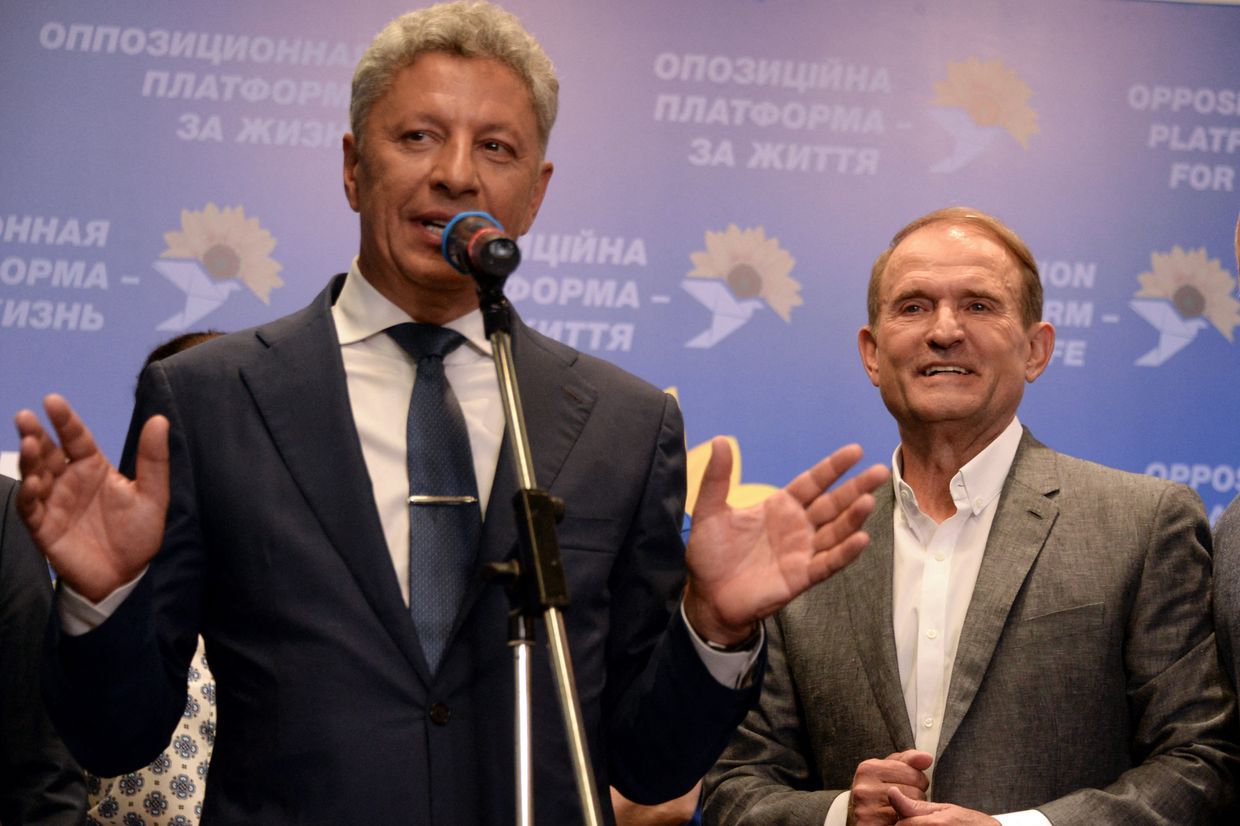
Some lawmakers and experts suggest that pro-Russian remnants in parliament are helping Zelenskiy’s party survive by voting in favor of controversial bills in exchange for avoiding sanctions and criminal prosecution. .
However, not all were saved from prosecution. Many pro-Russian politicians are currently in prison, have fled Ukraine, or have ended up in Russia. According to Chesno, nine members of the two parliamentary groups that are successors to the opposition platform are suspected of crimes against Ukraine’s national security.
According to Saryzhenko, after the outbreak of all-out war, members of the old opposition platform changed their voting methods.
“They are trying to prove their usefulness to the authorities. They want to be relied upon,” he says.
He also doesn’t rule out the possibility that Boyko may be more controllable than pro-Russian political newcomers.
Boyko has publicly stated that his group supports Zelenskiy. Potulaev called the alleged agreement between the ruling party and the opposition platform “manipulation.”
At the same time, Chesno’s analysis shows that in 2022-2023, 86% of decisions could have been adopted without the votes of former members of the opposition platform. Only 9.1% of initiatives could not have passed without their votes.
“Members of the old “Opposition Platform” do not vote with a majority when Russia has at least some interest in a particular issue, such as the banning of the Ukrainian Orthodox Church of the Moscow Patriarchate (UOC-MP) “Sarizhenko said.
They voted against the decision to dissolve the Kremlin-linked church, whose many priests were charged with treason for supporting Russia during the war.
Boyko’s comments on TikTok were harshly criticized by many MPs and senior government officials, but there was little support in parliament for his expulsion from the Human Rights Commission, which rejected it in the first vote.
Russian candidate
During the war, Boyko posted videos on his YouTube channel and conducted interviews with former pro-Kremlin journalists on TV channels associated with Medvedchuk, which spread disinformation and Kremlin propaganda. Broadcasting was banned in 2021.
However, with the launch of his TikTok channel, Boyko has returned to the public sphere.
The social media platform is used by many Ukrainian politicians, and Boyko’s videos have sparked speculation that he is preparing for post-war presidential and parliamentary elections.
The law does not allow elections to be held in Ukraine during martial law. Andriy Yermak, head of Zelenskiy’s presidential administration, said presidential elections would be held immediately after the end of the war.
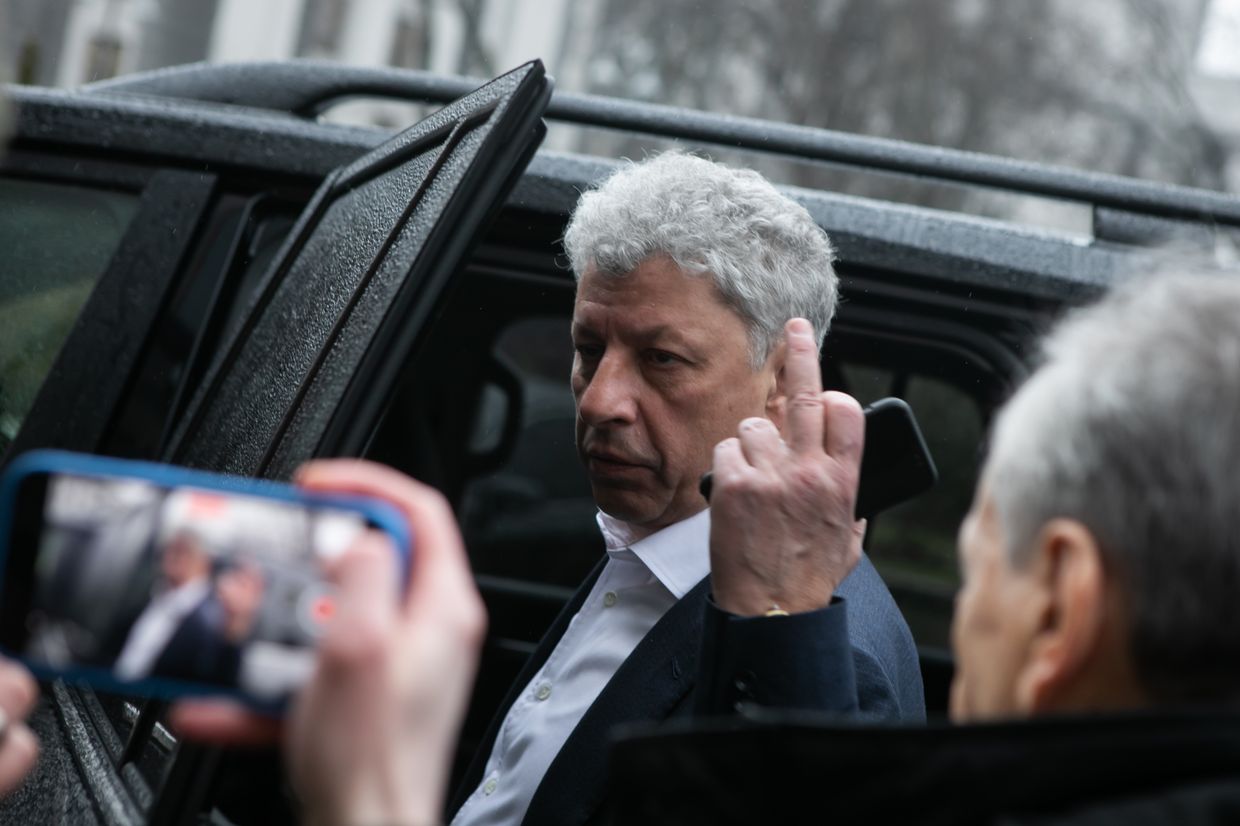
Kiev has changed its stance on possible negotiations with Russia, amid growing hopes for a possible ceasefire after Donald Trump won the US presidential election in November.
Potulaev denied that the ruling party was preparing for elections, despite media reports about them.
Mr. Saryzhenko questioned assumptions about the elections and said it was impossible to even organize them now.
More than 20% of Ukraine’s territory is occupied by Russia, and electoral infrastructure has been destroyed in several settlements in Ukrainian-controlled areas. Additionally, more than 6 million Ukrainians are abroad, and another 4.5 million are internally displaced.
“These multiple issues simply mean that it is too early to discuss the election,” he said.
“Politicians should not be talking about how to hold elections as quickly as possible, but how to solve these problems related to elections.”
Note from the author:
Hello! The author of this work is Katerina Denisova. I hope this article was helpful. Despite Russia’s ongoing all-out war, Ukraine’s domestic politics have become mired in the past year.
Please consider supporting our reporting. We promise to bring you more stories on this subject in the future.



